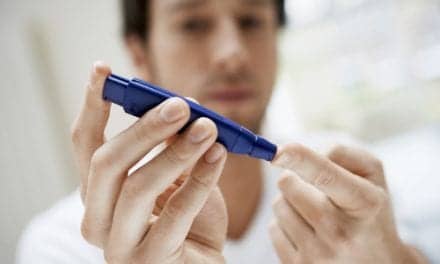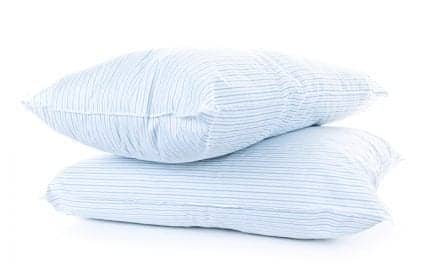The development of a drug for the treatment of sleep apnea is coming closer to offering a pharmaceutical alternative for apnea relief. BTG, the life sciences company, issued a report of additional details from its study of BGC20-0166 in subjects with mild to severe OSA, finding that in 39 subjects who took the drug AHI was reduced by a mean of 40% with individual responses ranging between 10% and 85%.
BGC20-0166 is a novel combination of two marketed serotonin modulating drugs being developed for the treatment of OSA. The drug has the potential to significantly advance the management of OSA as there are currently no approved drug therapies to treat this disorder.
“The BGC20-0166 drug combination is based on our understanding of the serotonin neuropharmacology associated with sleep-related breathing,” said Dr Russell Hagan, head of R&D at BTG. “We are encouraged by the positive findings from this trial, and we believe that BGC20-0166 could be an effective therapy for a significant proportion of sleep apnea patients.”
In this initial proof of concept study, 39 subjects diagnosed with OSA received placebo, a single agent, or one of two doses of BGC20-0166 daily for a period of 28 days. Each subject’s apnea-hypopnea index (AHI) was measured in overnight sleep laboratory polysomnograph studies on days 14 and 28. The primary endpoint was a reduction in the AHI at day 28. The treatment group receiving the high-dose combination demonstrated a statistically significant reduction in AHI compared to subjects receiving placebo at both day 14 and 28.
Three of 10 subjects in the high-dose group were considered complete responders, with a reduction in AHI of 50% or more and an AHI below 10 at day 28. In addition to the observed overall reduction of AHI, subjects in the high-dose treatment group showed reduced AHI in both REM and non-REM sleep stages and independent of sleep position. Subjects in the high-dose treatment group also showed a trend toward improved oxygen saturation levels relative to placebo, a measure that is directly correlated with improved sleep-related breathing. These improvements in clinically accepted measures of obstructive sleep apnea severity were not associated with a change in sleep architecture that has been reported for other candidate pharmacotherapies previously investigated for the treatment of sleep apnea.
BGC20-0166 was shown to be well tolerated with no significant difference in reported side effects between active and placebo treatment groups. BTG is continuing with both nonclinical studies and the development of a proprietary product formulation with its partner Collegium Pharmaceutical in preparation for US IND submission.
“The results from this trial demonstrate the potential of this pharmacotherapy to decrease sleep apnea in some patients and to normalize it in others,” said sleep expert Dr Thomas Roth, current director of the Sleep Disorders and Research Center at Henry Ford Hospital and former president of the National Sleep Foundation, who is serving as an advisor to the BTG program. “Future research is needed to more precisely define the role of BGC20-0166 in the clinician’s armamentarium of apnea therapy.”




